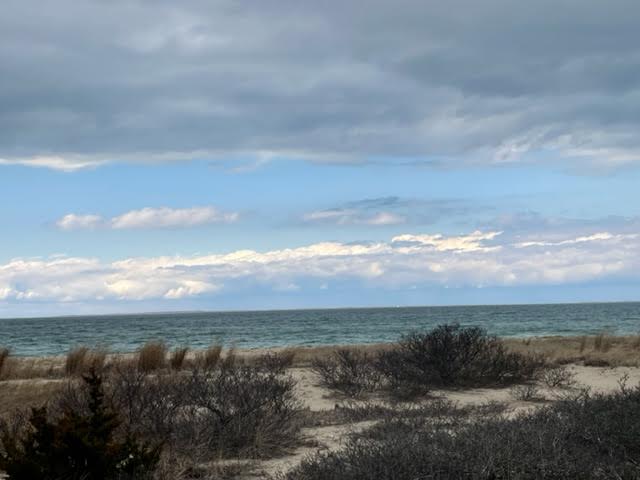
Monday, April 25
Hanging around this house like some aging truant has been a dog-eared copy of Wallace Stegner’s once-celebrated novel Angle of Repose. I’m reading it now. A tale of surprising people who reluctantly made their home in the wild American west, the novel won a Pulitzer in 1972—and immediately became the subject of controversy.
Was the novel mediocre as some charged or, worst of all, middlebrow—unworthy of high honors? Some of its characters are renamed and fictionalized versions of true-life people. Did Stegner’s use of the real person’s actual words—Wikipedia says “the novel is directly based on the letters of Mary Hallock Foote, later published as A Victorian Gentlewoman in the Far West”—represent plagiarism…or an infringement on History?
Food for thought…maybe. In fact, lots of novels have trod on similar ground. Two that randomly come to mind are Don DeLillo’s 1988 Libra, which unhesitatingly dug around in the life of JFK assassin Lee Harvey Oswald; and Philip Roth’s 2004 The Plot Against America, which offered an alternative past in which aviation hero and Nazi sympathizer Charles Lindberg ran against and defeated President Franklin Roosevelt. Did these novels not commit unpardonable sins—and pander to the kind of people who find actual history books boring?
(Roth attached a “true chronology of major figures” as a postscript to his alternate history lest any reader get carried away into fantasyland. QAnon is far from the only evidence that many citizens of our age are drawn toward Pizzagate delusions.)
However, rather than distorting the past in the manner of many cowboy movies or openly mythologizing it as in Sergio Leone’s Once Upon a Time in the West, Stegner’s tale often works as a corrective to wide-eyed, heroic cowboys-vs.-Indians stories. The West, he tells us, was exploited and “developed” by the same sort of people who are today destroying the Amazon rain forest and leaning on workers from the corner Starbucks to sweatshops in Southeast Asia. This shouldn’t come as a surprise, but many people would prefer a different version of the Old West.
One of Stegner’s main characters, Oliver Ward, works as a mining engineer in an 1870s California mining camp, where his wife Susan joins him. For a time, his life seems pleasant and productive. Then Susan realizes that he has been concealing from her the true sentiment among the camp’s workers. “The whole place is wormy with fear and hate,” he at last reveals, adding that the manager’s “way of handling that is to fire anybody who opens his mouth or gets the slightest out of line,” including one 14-year veteran discharged for breaking the rule that all purchases must be made at the company store. The man is fired and blacklisted—as are any others who would stand up for him.
Such company-town life was all too common in the U.S.A.—in fact, it IS common in the contemporary United States. You can say or do whatever you like—just not on company time. Just wait until self-described “free-speech absolutist” Elon Musk takes over Twitter. The Trumpist berserkers will have a field day, but truly interesting commentators on such subjects as Russian aggression in Ukraine, or on Musk himself, will find little place for expression.
Dinner: stuffed bell peppers, made in an instant via our new Instant Pot.
Entertainment: Having just watched the fascinating Kurosawa revenge flick The Bad Sleep Well, we will likely see another Japanese flick, Stray Dog.




